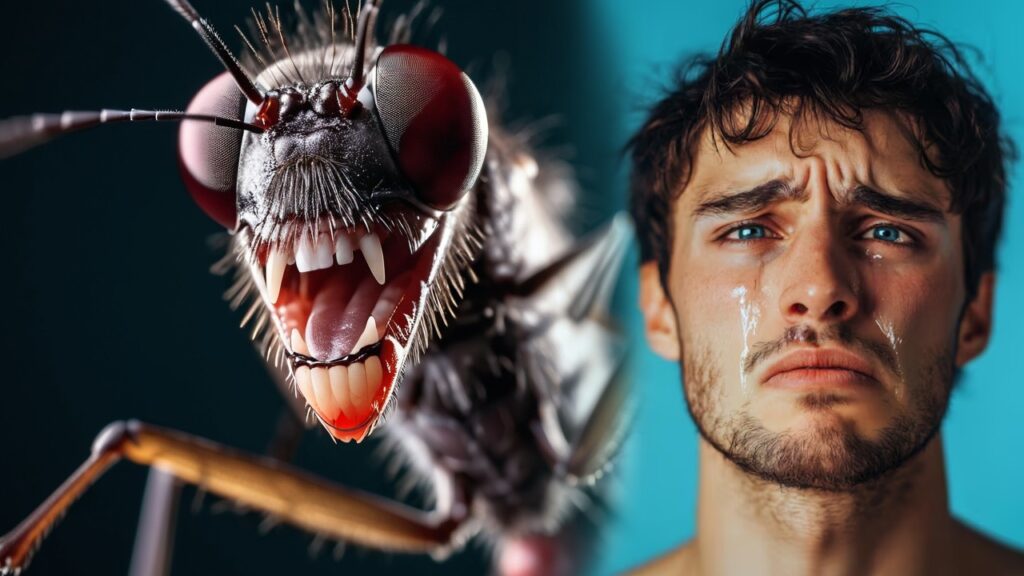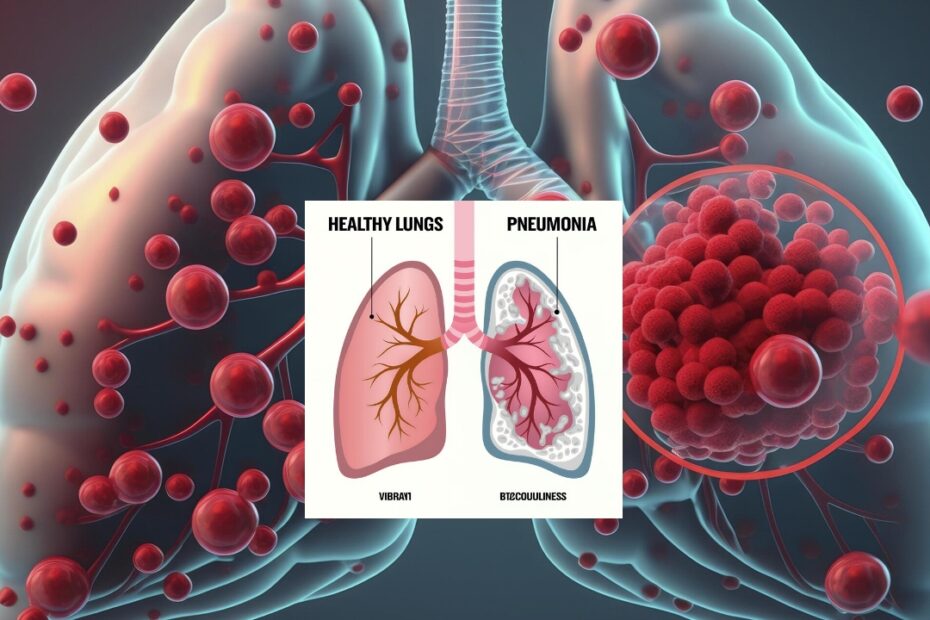Mosquito bites are a common nuisance, especially during warmer months. When a mosquito bites you, it can lead to various reactions and consequences, particularly if it occurs at night when you may be less aware of your surroundings. This article explores what happens when a mosquito bites you while you sleep and the implications of those bites.

The Mosquito Bite Process
1. Finding a Host
Mosquitoes are attracted to humans by body heat, carbon dioxide, and certain body odors. At night, especially in dimly lit environments, they can easily locate a host.
2. The Bite
When a mosquito lands on your skin, it uses its specialized mouthparts, called a proboscis, to pierce the skin. The mosquito injects saliva containing anticoagulants to prevent blood clotting while it feeds. This saliva is what often causes the itching and swelling associated with bites.
3. Feeding
The mosquito feeds on blood for nourishment, which is especially crucial for female mosquitoes as they need protein to develop their eggs. A single bite can last a few minutes, during which the mosquito can consume a small amount of blood.

Immediate Reactions to Mosquito Bites
1. Itching and Swelling
The most common reaction to a mosquito bite is localized itching and swelling. This occurs due to the body’s immune response to the mosquito’s saliva, which is recognized as a foreign substance.
2. Redness
The bite area often becomes red and inflamed due to increased blood flow and the release of histamines, which are chemicals that promote inflammation.
Potential Risks and Health Implications
1. Allergic Reactions
Some individuals may experience allergic reactions to mosquito bites, leading to more severe swelling, hives, or even anaphylaxis in rare cases.
2. Disease Transmission
Mosquitoes are vectors for various diseases, including:
West Nile Virus
Zika Virus
Dengue Fever
Malaria
While the risk of contracting these diseases from a single bite varies by region and mosquito species, it is a significant concern in many parts of the world.
3. Secondary Infections
Scratching a mosquito bite can break the skin, increasing the risk of secondary bacterial infections. Symptoms of infection may include increased redness, warmth, and pus at the bite site.
Preventing Mosquito Bites at Night
To minimize the risk of mosquito bites during the night, consider the following strategies:
Use Mosquito Repellents: Apply insect repellent containing DEET or picaridin to exposed skin before bedtime.
Install Screens: Ensure windows and doors have screens to keep mosquitoes out.
Use Mosquito Nets: Sleeping under a mosquito net can provide an effective barrier, particularly in areas where mosquito-borne diseases are prevalent.
Eliminate Standing Water: Mosquitoes breed in stagnant water, so remove any sources of standing water near your living area.
Wear Protective Clothing: If possible, wear long sleeves and pants to reduce exposed skin.
When a mosquito bites you at night, the immediate effects include itching and swelling, while the potential risks encompass allergic reactions, disease transmission, and secondary infections. Taking preventive measures can significantly reduce the likelihood of mosquito bites and the associated health risks, allowing for a more peaceful night’s sleep.
Other Health Talks :

Health Talk : Is Pneumonia Contagious?
![]()



